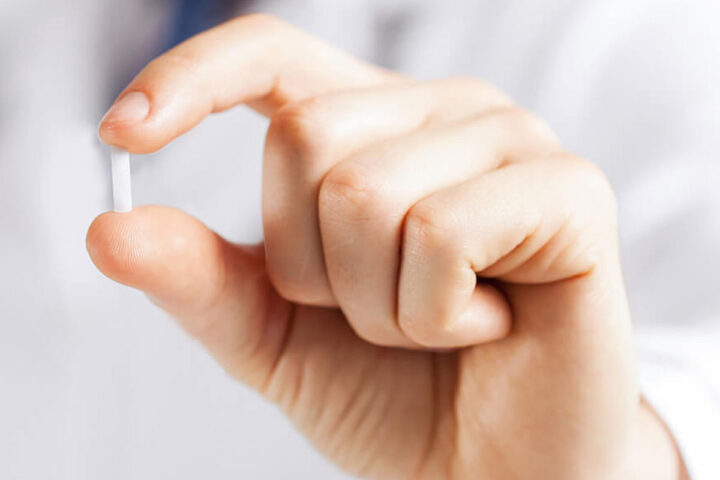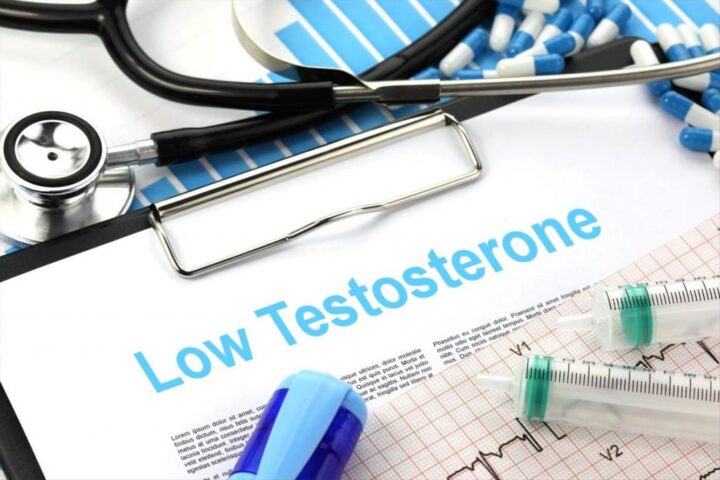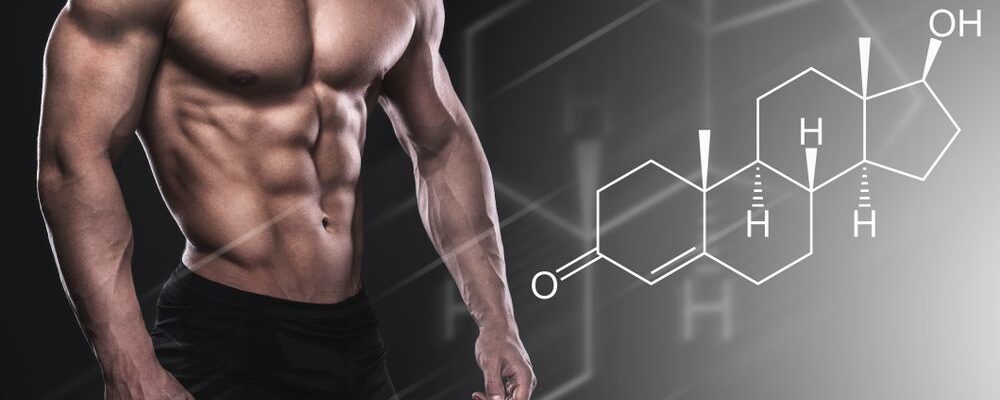As men age, their bodies undergo various changes, one of which is a decrease in testosterone levels.
This can lead to several physical and mental health issues, including decreased sex drive, depression, and loss of muscle mass.
In recent years, testosterone therapy has become an increasingly popular treatment option for men with low testosterone levels. So, here we will explore what testosterone therapy is, how it works, and when it may be appropriate for men.
What is Testosterone Therapy?
Testosterone Therapy for Men is a medical treatment that aims to increase testosterone levels in males who have low levels of this hormone.
Testosterone is primarily a male sex hormone that plays a crucial role in developing and maintaining male characteristics, such as bone density, muscle mass, and sex drive.
3 Types of Testosterone Therapy

Several types of testosterone therapy are available, including injections, patches, gels, and pellets. The type of therapy recommended will depend on the individual’s preferences and medical needs.
Testosterone injections are administered by a doctor and are typically given every two to four weeks. This form of therapy is relatively inexpensive but may require frequent office visits.
1. Testosterone Patches
Testosterone patches are applied to the skin once daily and deliver a constant dose of testosterone. While convenient and private, this therapy may lead to skin irritation or trigger allergic reactions.
2. Testosterone Gels
Testosterone gels are applied to the skin daily and absorbed through the skin. While this therapy is simple to apply, it may lead to skin irritation and demands regular hand washing to prevent the unintentional transfer of the gel to other people.
3. Testosterone Pellets
Testosterone pellets are small pellets that are implanted under the skin every three to six months. Compared to other forms of therapy, this type of treatment involves a continuous administration of testosterone, necessitating fewer in-person consultations. However, it might be comparatively pricier.
When Is Testosterone Therapy Appropriate for Men?
Testosterone therapy may be appropriate for men with low testosterone levels due to aging or a medical condition. Some medical conditions that can cause low testosterone levels include obesity, diabetes, and certain genetic disorders.
However, before availing of testosterone therapy, men need to undergo a thorough evaluation to determine the cause of their low testosterone levels. This may involve blood tests, physical exams, and a review of medical history.
Testosterone therapy may not be appropriate for men with certain medical conditions, such as sleep apnea, prostate cancer, and blood clotting disorders. It is also inappropriate for men trying to conceive, as it can suppress sperm production.
So, men considering testosterone therapy should discuss their fertility concerns with their doctors. Men who have realistic expectations about testosterone therapy’s potential benefits and limitations are more likely to be satisfied with the treatment.
7 Symptoms and Signs of Low Testosterone Levels in Men

As men age, their testosterone levels decline, which can lead to various symptoms and health concerns. However, low testosterone levels can affect men of all ages and result from various underlying medical conditions or lifestyle factors.
Below we have discussed some crucial signs of low testosterone in men.
1. Decreased sex drive
Testosterone plays a crucial role in the regulation of sex drive in men. Low levels of this hormone can cause a decrease in libido, which may result in reduced sexual desire, performance, and satisfaction.
Testosterone therapy can help improve libido in men with low testosterone levels.
2. Erectile dysfunction
Testosterone is necessary for the healthy function of the male reproductive system. It is responsible for sperm production and the ability to maintain an erection.
Low levels of testosterone lead to erectile dysfunction, making it difficult to achieve erections during sexual activity.
3. Fatigue
Fatigue and a decrease in energy levels are common symptoms of low testosterone levels in men. This can make it challenging to perform daily activities and may lead to decreased productivity and a decrease in quality of life.
4. Loss of muscle mass
Low levels of testosterone hormone can decrease muscle mass, making it difficult to perform physical activities and leading to decreased strength.
5. Increased body fat
When testosterone levels are low, the body tends to store more fat, particularly in the abdominal area. It increases the risk of critical health ailments such as heart disease and type 2 diabetes.
6. Mood changes
Low testosterone levels can significantly impact a man’s mood and mental well-being. It can lead to feelings of sadness, frustration, and lack of motivation, making it difficult to enjoy daily activities or achieve personal goals.
7. Decreased bone density
Testosterone helps maintain bone density, so low levels of this hormone can lead to weakened bones. This, in turn, may increase the risk of fractures and osteoporosis. So, if you face such issues, you must consult a doctor for accurate diagnosis and testosterone therapy.
Diagnosing Low Testosterone Levels

If a man is experiencing symptoms of low testosterone levels, a doctor may prescribe blood tests to measure testosterone levels. Typically, testosterone levels are highest in the morning, so blood tests are usually done in the morning.
If a man’s testosterone levels are low, additional testing may be needed to determine the cause of the low levels. This may involve imaging tests, such as a CT scan, MRI, or further blood tests to check for other hormone imbalances or underlying medical conditions.
Who Is the Ideal Candidate for Testosterone Therapy?
Not all men with low testosterone levels are good candidates for testosterone therapy. It can improve symptoms of low testosterone, but it is not a magic cure.
Nevertheless, the ideal candidates for testosterone therapy are as follows.
- Testosterone therapy may be appropriate for men with symptoms of low testosterone levels, including decreased sex drive, erectile dysfunction, fatigue, and loss of muscle mass.
- It is recommended for men with physical health issues that can cause low testosterone levels, such as obesity, diabetes, or certain genetic disorders.
- Men who are in overall good health are more likely to tolerate testosterone therapy without experiencing serious side effects.
Conclusion
Testosterone therapy may be appropriate for men with low levels of the hormone and associated symptoms. Also, it is suitable for those with certain medical conditions that affect the hormonology of their body.




